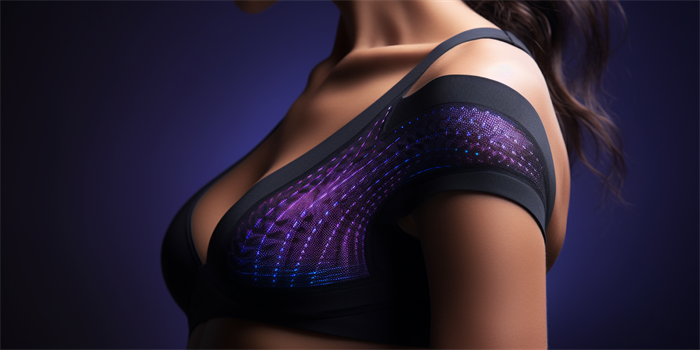Can I Eat Shrimp After Sientra Breast Implants in Bathurst?
Undergoing breast augmentation with Sientra implants in Bathurst is a significant decision that requires careful consideration of post-operative care. One common question among patients is whether they can continue to eat seafood, particularly shrimp, after the procedure. This article will delve into various aspects to provide a comprehensive understanding of the dietary considerations following breast implant surgery.

Post-Operative Dietary Guidelines
Immediately after surgery, it is crucial to follow a diet that promotes healing and minimizes the risk of complications. Typically, patients are advised to start with clear liquids and gradually introduce soft foods as they recover. Seafood, including shrimp, is generally considered safe once the patient has progressed to a regular diet. However, it is essential to ensure that the shrimp is thoroughly cooked to avoid any risk of foodborne illness, which could potentially complicate the healing process.
Potential Allergies and Sensitivities
Individuals with known seafood allergies should avoid shrimp and other shellfish following breast implant surgery. Allergic reactions can lead to symptoms such as hives, itching, and difficulty breathing, which are particularly concerning post-operatively. Even if a patient has not previously experienced a seafood allergy, it is advisable to be cautious and monitor for any new symptoms that may arise after consuming shrimp.
Nutritional Benefits of Shrimp
Shrimp is a nutrient-dense food that offers several health benefits. It is rich in high-quality protein, essential vitamins, and minerals, including omega-3 fatty acids, vitamin D, and selenium. These nutrients can support the body's healing process and contribute to overall health. However, moderation is key, as shrimp is also high in cholesterol. Patients should consult with their healthcare provider to determine an appropriate portion size that aligns with their post-operative nutritional needs.
Food Safety Considerations
Ensuring that shrimp is safely prepared and cooked is paramount to avoid foodborne illnesses such as Salmonella or Vibrio vulnificus. These infections can be particularly dangerous for individuals who have recently undergone surgery, as they may increase the risk of complications. Shrimp should be cooked to an internal temperature of 145°F (63°C) to kill any potential pathogens. Additionally, patients should avoid raw or undercooked shrimp to minimize the risk of infection.
Consultation with Healthcare Providers
Before incorporating shrimp or any other food into their diet post-surgery, patients should consult with their healthcare provider. This is particularly important for individuals with pre-existing medical conditions, allergies, or specific dietary restrictions. Healthcare providers can offer personalized advice based on the patient's overall health status and the specifics of their surgical procedure.
FAQ
Q: How soon after surgery can I start eating shrimp?
A: It is generally safe to start eating shrimp once you have progressed to a regular diet, typically a few days to a week after surgery, depending on your recovery progress. Always ensure the shrimp is thoroughly cooked.
Q: Can I eat shrimp if I have a seafood allergy?
A: No, individuals with known seafood allergies should avoid shrimp and other shellfish to prevent allergic reactions, which can be particularly risky post-operatively.
Q: Are there any specific nutrients in shrimp that are beneficial after surgery?
A: Yes, shrimp is rich in high-quality protein, omega-3 fatty acids, vitamin D, and selenium, all of which can support the healing process and overall health.
Q: What are the food safety precautions I should take when eating shrimp after surgery?
A: Ensure that shrimp is cooked to an internal temperature of 145°F (63°C) to avoid foodborne illnesses. Avoid raw or undercooked shrimp to minimize the risk of infection.
Q: Should I consult with my healthcare provider before eating shrimp after surgery?
A: Yes, it is advisable to consult with your healthcare provider for personalized advice, especially if you have pre-existing medical conditions or dietary restrictions.
In conclusion, while shrimp can be a part of a balanced diet following Sientra breast implants in Bathurst, it is essential to consider various factors such as allergies, nutritional benefits, food safety, and personalized medical advice. By adhering to these guidelines, patients can enjoy the benefits of shrimp while ensuring a safe and smooth recovery process.





